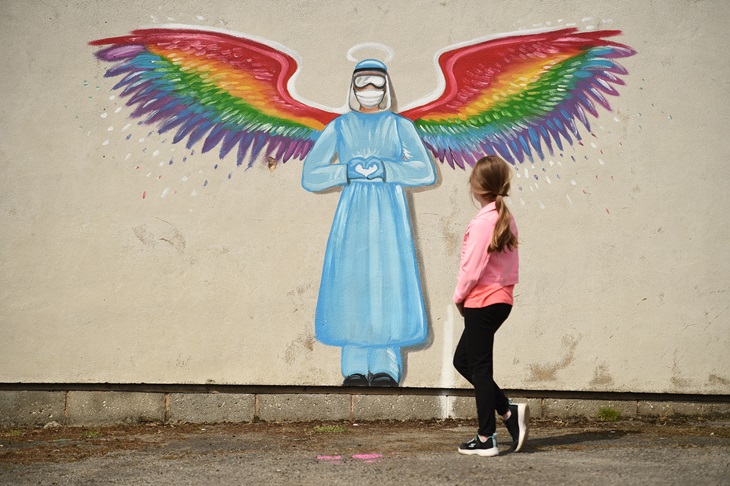It has been apparent for some time that health care in this country is being politicised at all levels. Nothing is off limits, not even children.
Last month it was announced that Melbourne’s Royal Children’s Hospital will offer ‘gender-affirming care’ (the model by which a child’s gender identity is affirmed rather than their biological sex) for children as young as three.
Already a subscriber? Log in
Subscribe for just $2 a week
Try a month of The Spectator Australia absolutely free and without commitment. Not only that but – if you choose to continue – you’ll pay just $2 a week for your first year.
- Unlimited access to spectator.com.au and app
- The weekly edition on the Spectator Australia app
- Spectator podcasts and newsletters
- Full access to spectator.co.uk
Or


























Comments
Don't miss out
Join the conversation with other Spectator Australia readers. Subscribe to leave a comment.
SUBSCRIBEAlready a subscriber? Log in